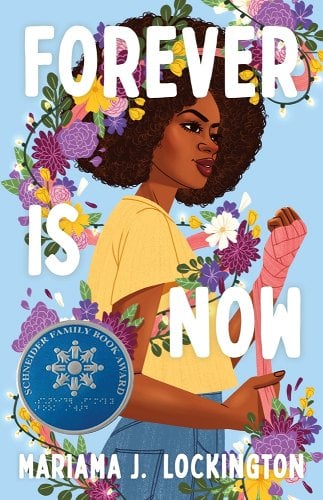Buy this from Bookshop.org to support local bookstores and the Lesbrary! Content warnings: biphobia, racism, police violence Forever is Now by Mariama J. Lockington tells the story of Sadie, a Black teenage girl with anxiety that develops into agoraphobia after a truly terrible day. Her girlfriend breaks up with her and they witness an incidence ofRead More
Til reviews The Ballad of Dinah Caldwell by Kate Brauning
Amazon Affiliate Link | Bookshop.org Affiliate Link This is the sort of review best begun with a caveat that I intend no ill will toward those who enjoyed the book… but maybe they’ll want to give it a miss, because I really do not like this book. In fact, I found the reading experience soRead More
Meagan Kimberly reviews A Lot Like Adiós by Alexis Daria
Amazon Affiliate Link | Bookshop.org Affiliate Link Gabe and Michelle had been best friends since childhood. As they grew into teenagers, their feelings took a turn toward romantic, but before they did anything about it, Gabe left. Over 10 years later, Michelle works as a freelance marketing specialist in the Bronx and Gabe owns aRead More
Til reviews Crownchasers by Rebecca Coffindaffer
Amazon Affiliate Link | Bookshop.org Affiliate Link Crownchasers by Rebecca Coffindaffer is the story of Alyssa Farshot, a space pilot and member of the Explorers’ Society who wants nothing more than to take risks, break records, and scarf down a greasy hangover cure. Her life takes a sharp turn when the uncle who raised her dies—andRead More
